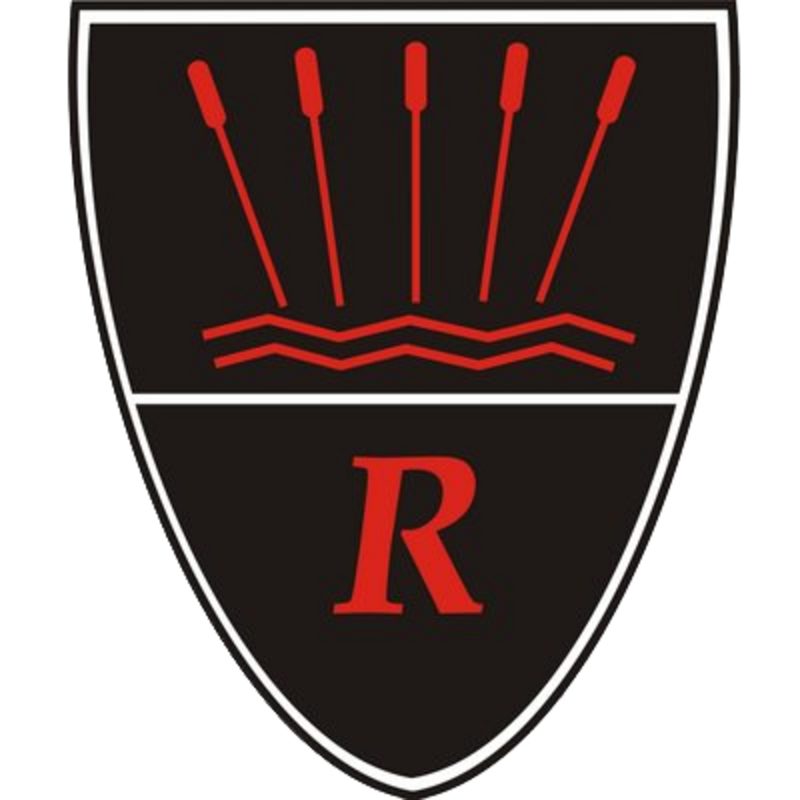
Course outline The course is split into pure content (66.7%) and applied content (33.3%). The pure content looks to extend the concepts seen at GCSE level as well as introducing new ideas such as calculus. The applied content is split equally between statistics and mechanics. In statistics you learn how to summarise and interpret data as well as looking at different probability distributions and how they can be used to model different situations. Mechanics looks at modelling the motion of objects and the forces acting on them in a number of different situations. Lesson structure and expectations You will have 9 lessons a fortnight plus an independent study lesson, time table permitting. Lessons will be a mixture of teacher led examples with time given to students to practise new concepts. Where possible technology will be used to explore ideas in more detail and students are encouraged to download Geogebra and Desmos onto their phones or tablets to use in lessons to help their understanding. We expect our students to complete any unfinished work from lessons in their study periods and all students have access to the Maths 6th form study room which can be used as a quiet work space. There are also extra sessions running after school on Wednesdays. All students are expected to have a Casio classwizz FX-991-EX calculator to use in lessons. This calculator can perform the required statistical calculations required for the course that a standard scientific calculator cannot do. Students are also expected to have a lever arch file to keep all their notes organised. Course requirements A grade 6 in mathematics. Over the summer holiday you will be expected to complete a series of questions on the basic skills and techniques that are required at A Level. This will be given to students on the taster day in the summer term. Next steps A Level Mathematics is a highly regarded qualification and is excellent preparation for a number of different degrees and can lead into a wide range of careers. It also helps develop a number of key employability skills such as problem solving, logical thinking and communication.
About Education Provider
| Region | East of England |
| Local Authority | Central Bedfordshire |
| Ofsted Rating | Good |
| Gender Type | Co-Educational |
| Address | Flitwick Road, Ampthill, Bedford, MK45 2NU |
Course outline The course is split into pure content (66.7%) and applied content (33.3%). The pure content looks to extend the concepts seen at GCSE level as well as introducing new ideas such as calculus. The applied content is split equally between statistics and mechanics. In statistics you learn how to summarise and interpret data as well as looking at different probability distributions and how they can be used to model different situations. Mechanics looks at modelling the motion of objects and the forces acting on them in a number of different situations. Lesson structure and expectations You will have 9 lessons a fortnight plus an independent study lesson, time table permitting. Lessons will be a mixture of teacher led examples with time given to students to practise new concepts. Where possible technology will be used to explore ideas in more detail and students are encouraged to download Geogebra and Desmos onto their phones or tablets to use in lessons to help their understanding. We expect our students to complete any unfinished work from lessons in their study periods and all students have access to the Maths 6th form study room which can be used as a quiet work space. There are also extra sessions running after school on Wednesdays. All students are expected to have a Casio classwizz FX-991-EX calculator to use in lessons. This calculator can perform the required statistical calculations required for the course that a standard scientific calculator cannot do. Students are also expected to have a lever arch file to keep all their notes organised. Course requirements A grade 6 in mathematics. Over the summer holiday you will be expected to complete a series of questions on the basic skills and techniques that are required at A Level. This will be given to students on the taster day in the summer term. Next steps A Level Mathematics is a highly regarded qualification and is excellent preparation for a number of different degrees and can lead into a wide range of careers. It also helps develop a number of key employability skills such as problem solving, logical thinking and communication.